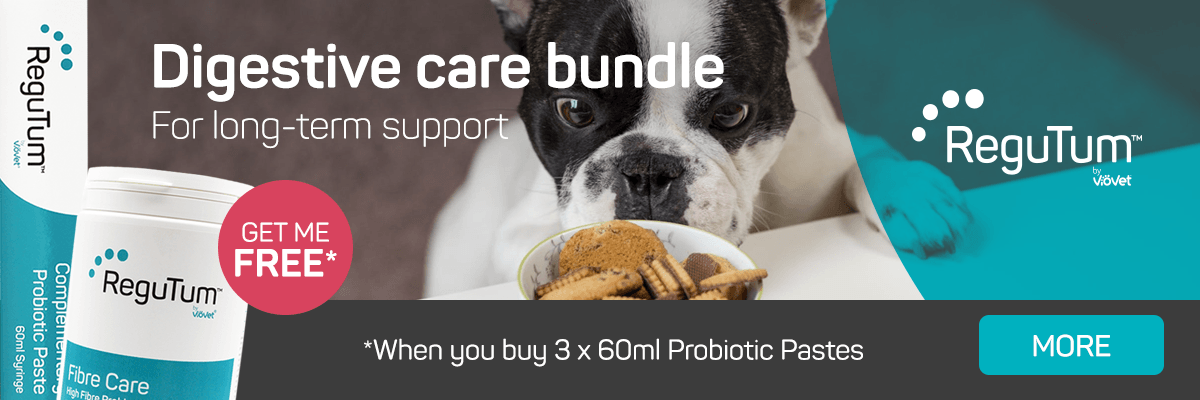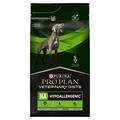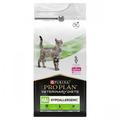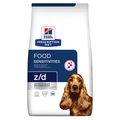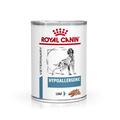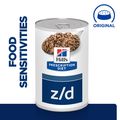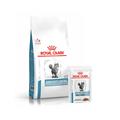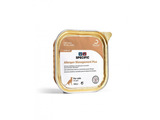Digestive health is a good indicator of all-round general health, whatever your species. So, if your dog or cat frequently suffers with stomach upsets and irritable bowels, it can be very stressful for both of you.
While some animals are more prone to digestive challenges than others, there are things you can do to minimise the risk and manage symptoms as much as possible.
Being more finicky eaters than dogs, cats tend to escape with fewer upsets than their canine counterparts, but they may still experience a bout or two of digestive discomfort in their lives.
Below are our top suggestions for managing and avoiding digestive upsets, and promoting general wellbeing:
- Encourage your pet to drink plenty of water. Cats are poor drinkers so switch to a wet food and invest in a water fountain, as many cats will only drink from filtered rather than stagnant water.
- Find a diet that works for your pet and stick to it. If you do make changes, do so gradually to allow the digestive tract to adapt. If you do encounter problems or struggle finding a diet that agrees with your pet, try a bland, easily digestible diet such as cooked chicken (boneless) and white rice.
- Avoid giving your pet table scraps and human foods. These can be too rich and contain ingredients unsuited to your pet’s delicate digestion.
- Bones should not be given to dogs as toys.
- When out walking, prevent your dog from ingesting faeces from other animals, as well as anything else off the ground. Try to keep your dog from drinking from puddles, also.
- Keep up-to-date with deworming and vaccinations.
- Try to minimise stress in your pet’s environment.
- Keep a probiotic product to-hand in case of emergencies. ReguTum Probiotic Paste is highly palatable, easy to use, and helps support gut function and natural microflora balance in dogs and cats when they need it most, such as during a period of diarrhoea. ReguTum Fibre Care is a long-term digestive support supplement which can be fed daily to prevent upsets occurring.
- Observe your vet’s advice and pay them an immediate visit if the vomiting or diarrhoea is severe, lasts longer than 24 hours, if the abdomen swells, your pet seems depressed or in pain, or if any blood is observed in the vomit or diarrhoea.
If you have any comments on this discussion, please don’t hesitate to comment below and share your thoughts and experiences with our other readers.
Written by: Hannah

